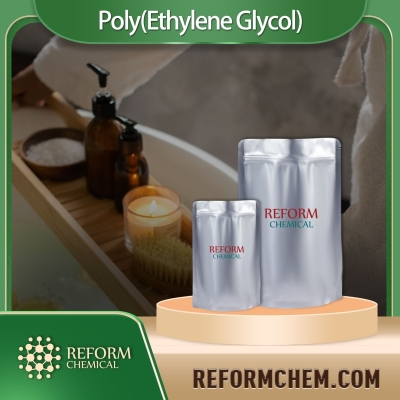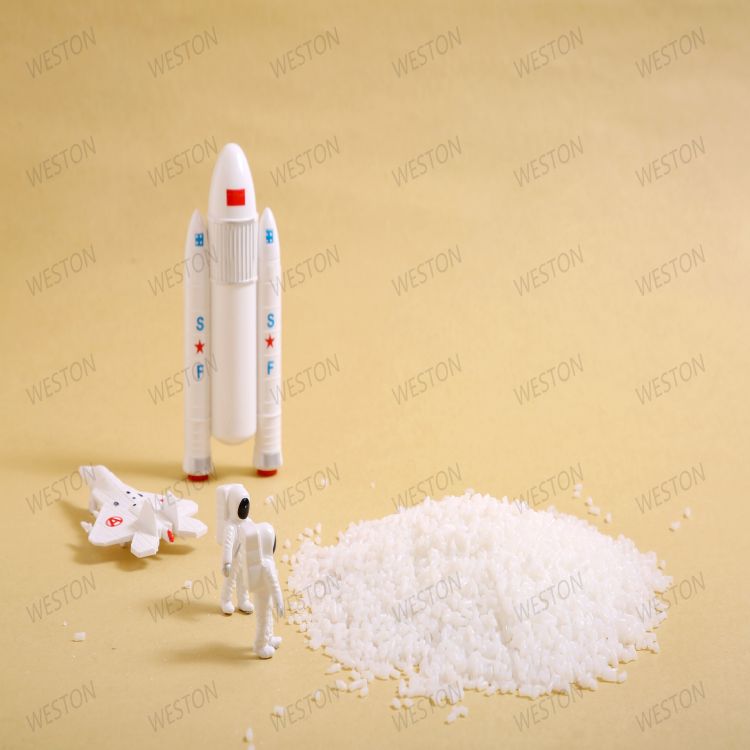-
Categories
-
Pharmaceutical Intermediates
-
Active Pharmaceutical Ingredients
-
Food Additives
- Industrial Coatings
- Agrochemicals
- Dyes and Pigments
- Surfactant
- Flavors and Fragrances
- Chemical Reagents
- Catalyst and Auxiliary
- Natural Products
- Inorganic Chemistry
-
Organic Chemistry
-
Biochemical Engineering
- Analytical Chemistry
-
Cosmetic Ingredient
- Water Treatment Chemical
-
Pharmaceutical Intermediates
Promotion
ECHEMI Mall
Wholesale
Weekly Price
Exhibition
News
-
Trade Service
According to foreign media reports, researchers at Samsung and the Massachusetts Institute of Technology have found that there is a new battery module material that can provide an almost unlimited amount of storage capacity
for batteries.
This solid electrolyte can extend the life of the battery, increase the battery capacity, and make the battery completely eliminate safety hazards
.
At present, common lithium-ion batteries use liquid electrolytes, which are organic solvents that are easy to cause problems such as
overheating and fire.
Gerbrand Seid, a professor of materials science and engineering at MIT, said batteries with solid-state electrolytes hardly degrade, meaning batteries can last "hundreds of thousands of cycles.
"
In contrast, organic electrolytes have limited electrochemical stability and lose their ability to
generate electrical charge over time.
Researchers believe that solid-state electrolytes are an improvement on
current lithium batteries.
The problem with solid electrolytes in the past was that they didn't transfer ions fast enough to produce enough electricity
.
Researchers are working to solve this problem
.
In addition, solid-state lithium-ion batteries can also be used
normally at very low temperatures.
According to foreign media reports, researchers at Samsung and the Massachusetts Institute of Technology have found that there is a new battery module material that can provide an almost unlimited amount of storage capacity
for batteries.
This solid electrolyte can extend the life of the battery, increase the battery capacity, and make the battery completely eliminate safety hazards
.
At present, common lithium-ion batteries use liquid electrolytes, which are organic solvents that are easy to cause problems such as
overheating and fire.
Gerbrand Seid, a professor of materials science and engineering at MIT, said batteries with solid-state electrolytes hardly degrade, meaning batteries can last "hundreds of thousands of cycles.
"
In contrast, organic electrolytes have limited electrochemical stability and lose their ability to
generate electrical charge over time.
Researchers believe that solid-state electrolytes are an improvement on
current lithium batteries.
The problem with solid electrolytes in the past was that they didn't transfer ions fast enough to produce enough electricity
.
Researchers are working to solve this problem
.
In addition, solid-state lithium-ion batteries can also be used
normally at very low temperatures.







